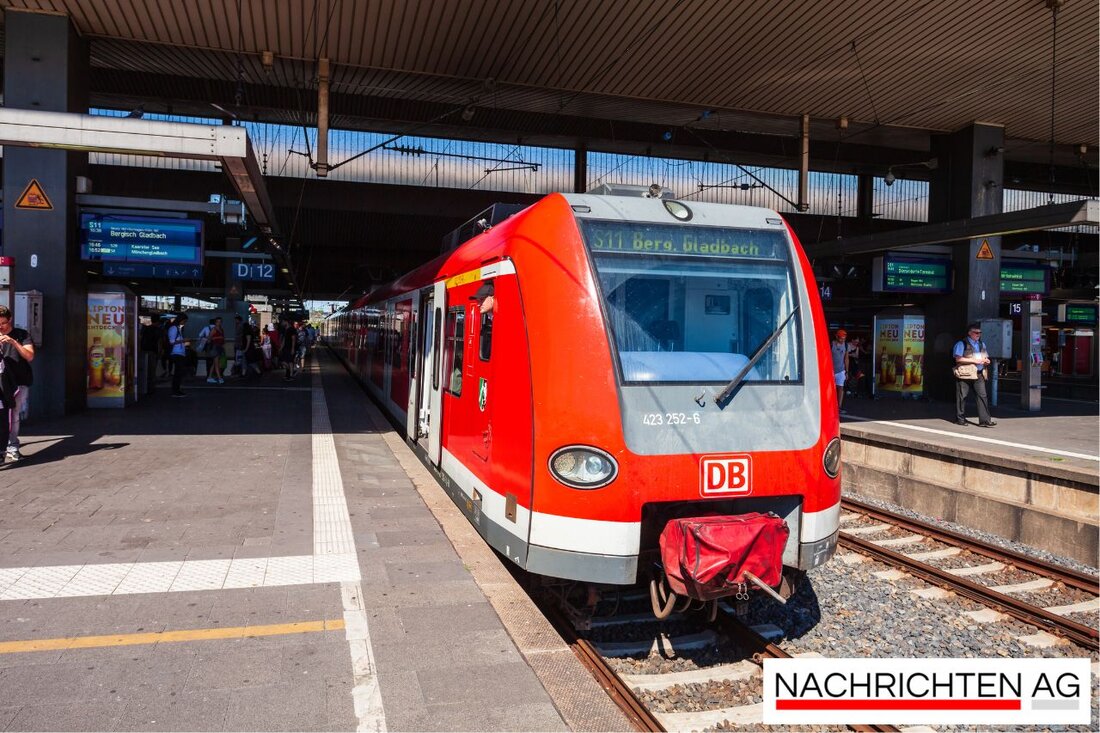Train chaos in Germany: delays and diversions for travelers!
Rail chaos on October 15, 2025: Signal box damage affects travel from Cologne and Hamburg to Föhr. Delays and inconveniences.

Train chaos in Germany: delays and diversions for travelers!
The rail chaos once again cast its shadow over the Cologne and Hamburg regions today. This is due to a defective signal box and cable damage, which is significantly affecting rail traffic. The effects are clearly noticeable and are leading to increased delays and diversions on many routes. How Picture Reportedly, commuters and travelers between these cities are particularly affected.
What makes travel planning so complicated? A planned trip to the North Sea island of Föhr impressively shows the pitfalls of the German rail network. The departure with the morning train from Berlin to Dagebüll went smoothly, but then came the shock: Shortly before Niebüll, the passengers were informed that they had to change to a regional train to Dagebüll, while part of the train continued on to Sylt. The reason for this sudden change? Unclear! When asked, the train driver was unable to provide any further information. The chaos continued when the way back to Berlin was marred by a delay of four hours DW reported.
Rail transport and its challenges
Increasing delays in Germany are no longer uncommon. On average, only 62% of trains reach their destination on time, while their neighbors in Switzerland can boast a punctuality rate of 98-99%. There are also infrastructural problems that can be traced back to a significant investment backlog in the German rail network. Railway boss Richard Lutz has already pointed out that stable operations are not possible without extensive modernization of the old infrastructure.
From August 1st, another big chunk is expected to hit the Hamburg-Berlin route: the entire route will be closed for renovation work, which will result in additional detours for long-distance trains. For many travelers, this not only means inconvenience, but also a loss of time and patience.
The look into the future
However, with climate change, the importance of rail as an environmentally friendly means of transport is also increasing. The federal government has also recognized this and decided on measures to promote sustainable mobility. These include, among other things, the reduction in VAT for long-distance rail transport and significantly higher investments in rail transport. The need to strengthen rail is also underscored by the fact that per capita investment in rail infrastructure in Germany lags behind that of countries such as Switzerland and Austria, such as Statista explained.
The challenges in the German rail system are enormous, and the urgency of improvements remains undisputed. The travelers who rely on the train hope for a speedy improvement and reliable connections, whether to Föhr or to the next destination.

 Suche
Suche
 Mein Konto
Mein Konto